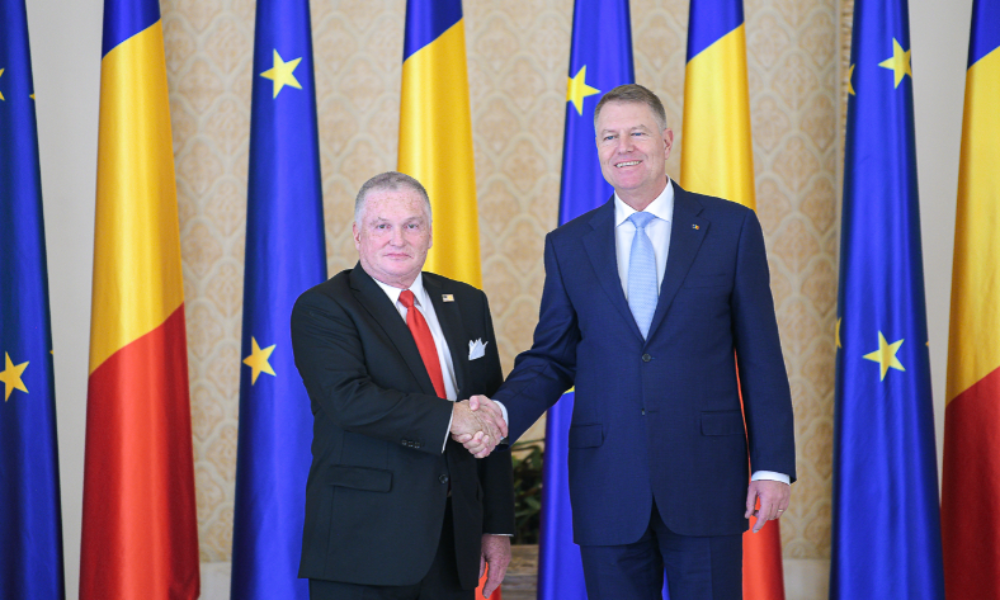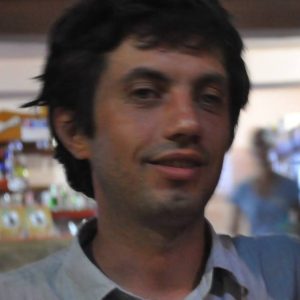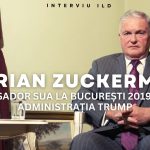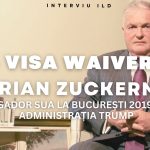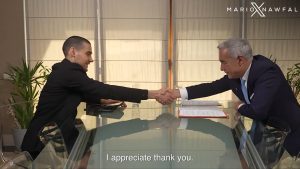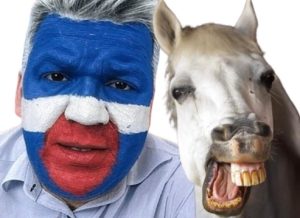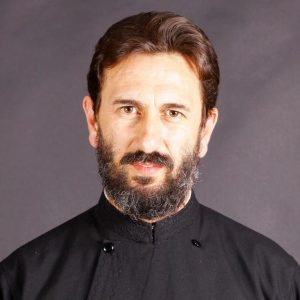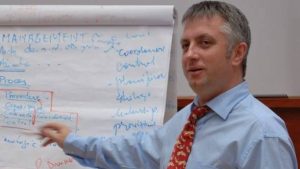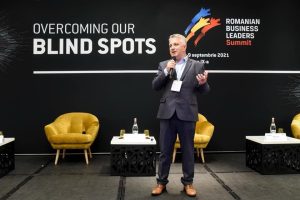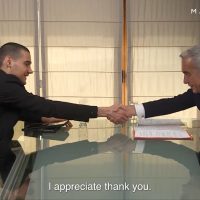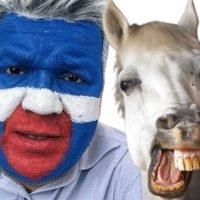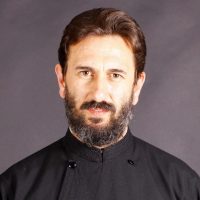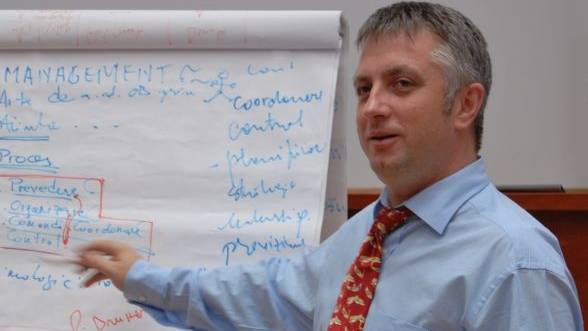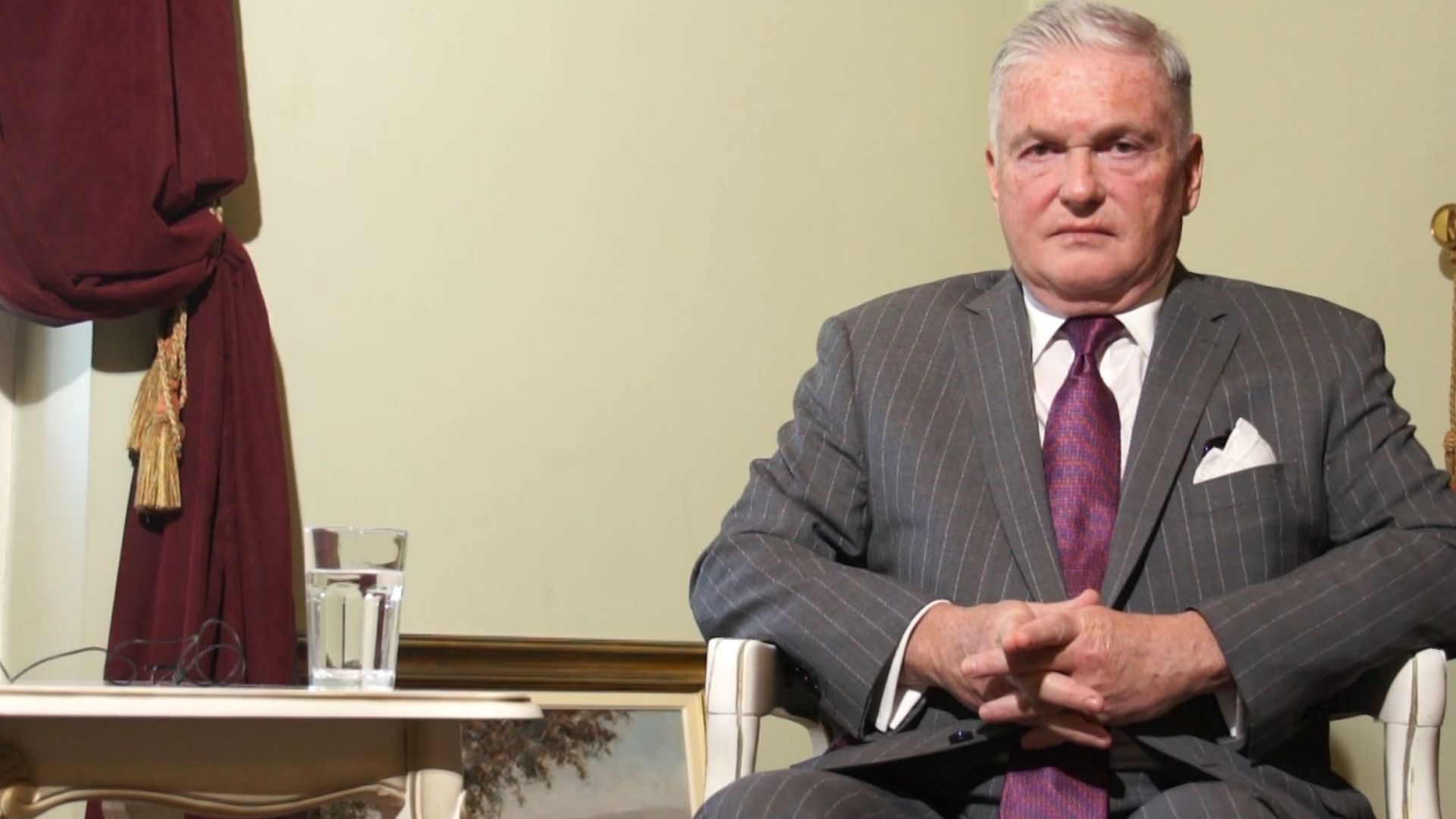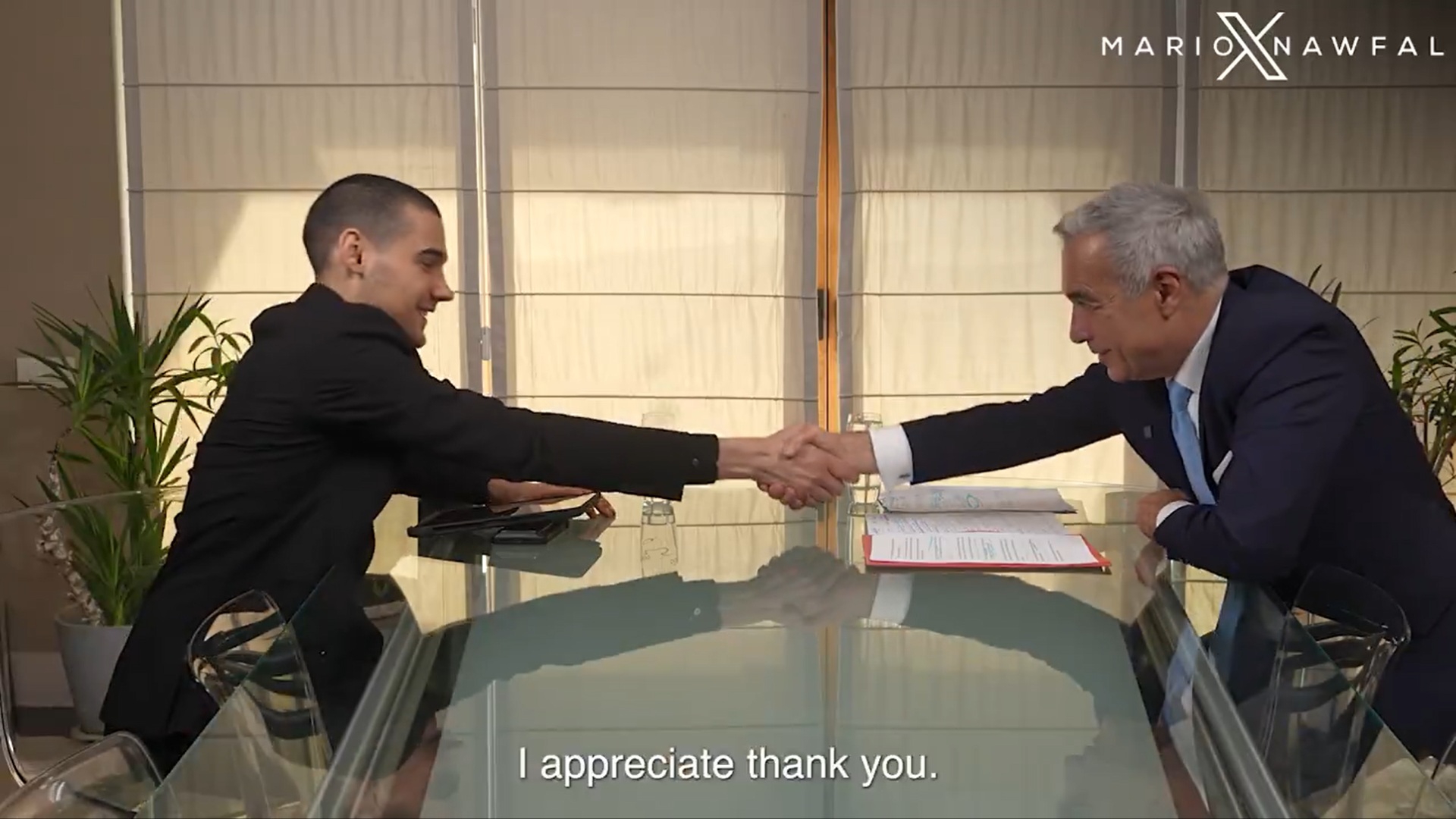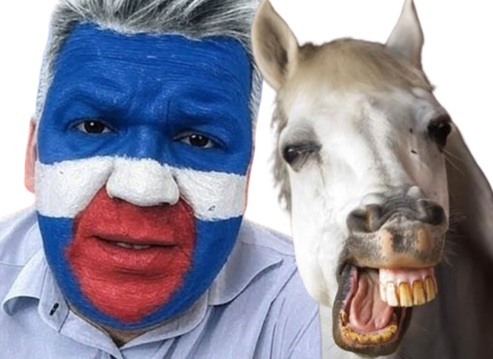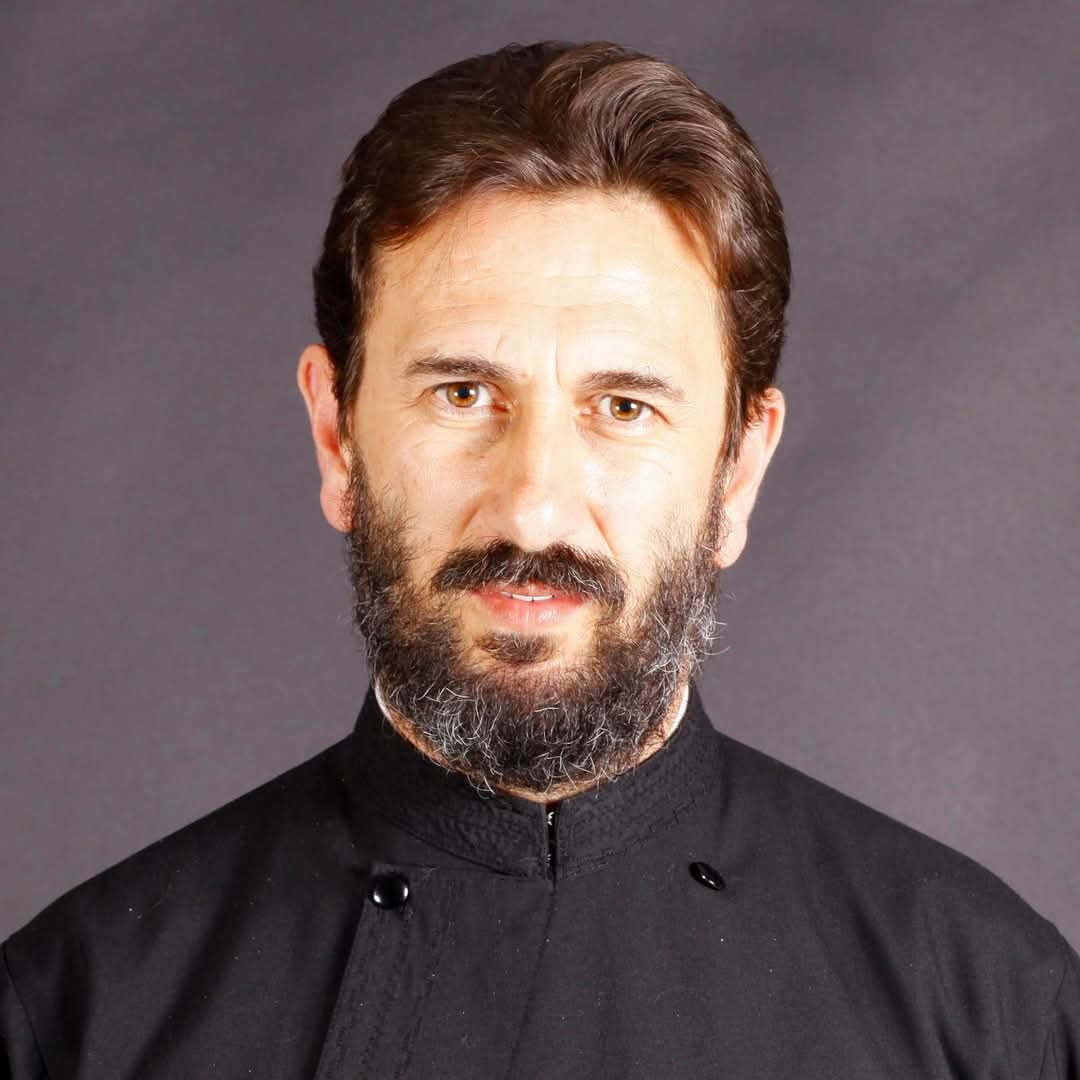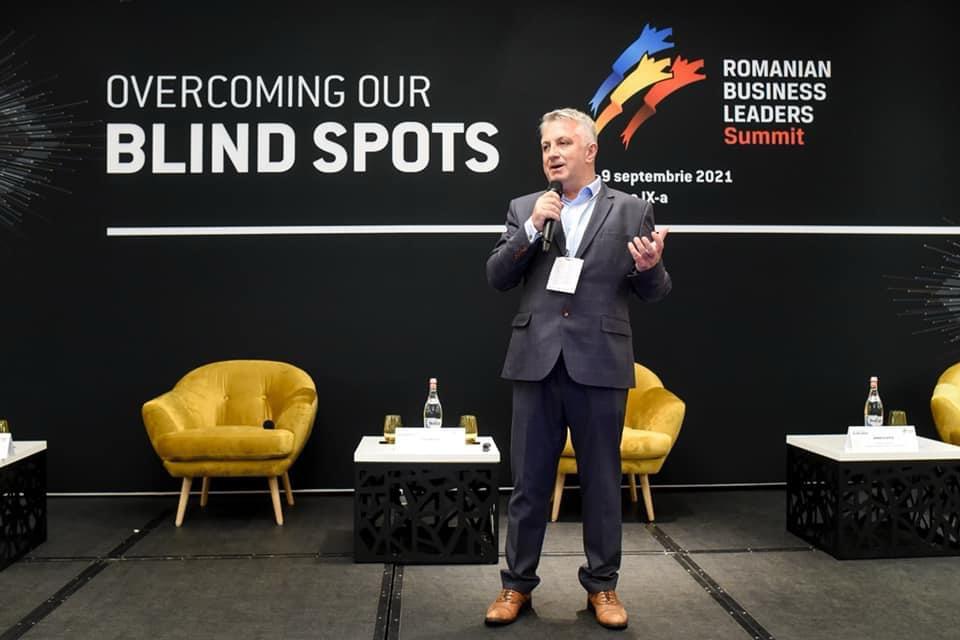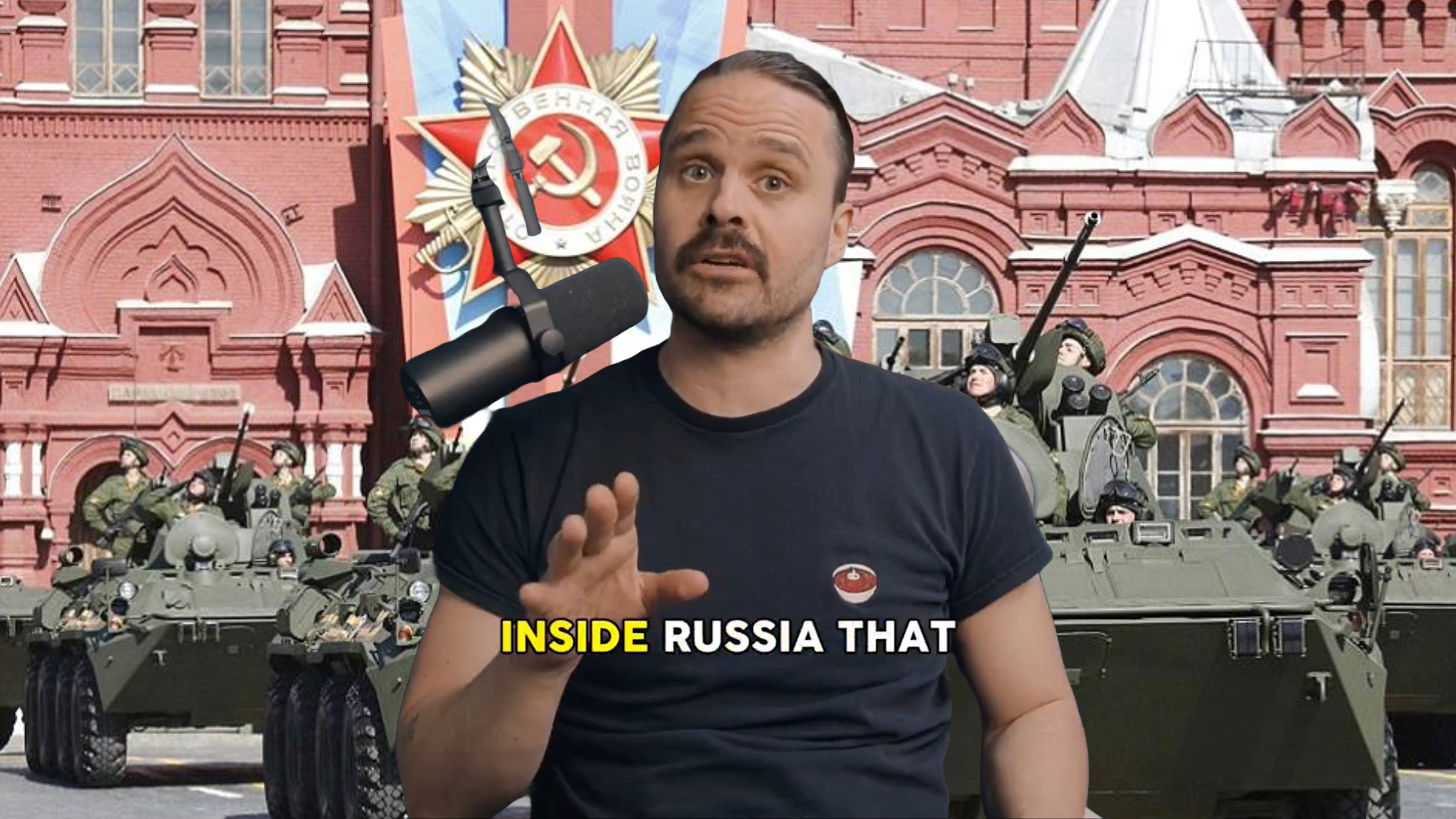Former American ambassador to Bucharest, Adrian Zuckerman, says that President Klaus Iohannis is the most qualified candidate to head NATO as he understands the strategic importance of the Black Sea and has played a key role bolstering the alliance during his ten years in office.
Mr. Iohannis in March said he was throwing his hat into the race for the post of Secretary-General of the defensive military alliance after Jens Stoltenberg steps down later this year. The favorite to succeed Stoltenberg is Dutch Premier Mark Rutte who announced his bid much earlier.
But ex-US Ambassador Adrian Zuckerman said in an interview on Tuesday that Mr. Iohannis is the right man to lead the military alliance and was critical of the Dutch prime minister, writes Alison Mutler for universul.net, quoting an interview Mr. Zuckerman gave to inliniedreapta.net.
„It is important for me to have a NATO Secretary General who understands the strategic value of the Black Sea,” he told In Linie Dreapta.
„In my opinion, Mr. Rutte doesn’t understand or care, or both. For me, it is clear which of these two people is the best for the post of NATO Secretary General and the man who is most qualified to take care not only of Romanian interests, but also of the interests of Europe and Eastern European states, is Klaus Iohannis. I don’t trust Mark Rutte,” he said in the interview. Mr. Zuckerman served as Washington’s envoy to Romania from 2019-2021, appointed by then-President Donald Trump.
President Iohannis is currently on a visit to Washington where he will meet US President Joe Biden, marking 20 years since Romania’s entry into NATO. He will also attend an event of the Atlantic Council, one of the world’s most important think tanks. He ends his two terms as president later this year.
Romania became a NATO member in March 2004, along with Bulgaria, Estonia, Latvia, Lithuania, Slovakia, and Slovenia. Poland, the Czech Republic and Hungary, all former Warsaw Pact countries joined in 1997.
Since then, the former Soviet satellites have warned about the threat of Russian expansion, tapping into their national trauma of Soviet occupation.
While Western nations often dismissed or downplayed their attitude, Russia’s full-scale invasion of Ukraine is seen as a vindication of their sentiments.
In the interview with Costin Andrieș, Mr. Zuckerman, who has a Romanian Jewish background, discussed Russian aggression in Ukraine and Russia’s hybrid war against the West. He talked about the weakness of the West’s reaction that encourages Russia, what a new Donald Trump presidency would mean for Europe’s security, the importance of strengthening US-Romania relations and the danger posed by communist China and others.
Costin Andrieș: „You supported Klaus Iohannis’ candidacy for NATO Secretary General. I want to talk about the reasons why, in your opinion, Klaus Iohannis’ candidacy would be beneficial for Romania and Eastern Europe? From my point of view, this move would signal from NATO and America a shift of the alliance’s focus towards Eastern Europe, towards Romania, Poland, the Baltic states, in the context of the Russian invasion of Ukraine.”
Adrian Zuckerman:
„NATO is the West’s most important and best alliance, which was created immediately after World War II. NATO’s primary function is to oppose Russian expansionism. In recent years, five to ten years, the most important countries on NATO’s eastern flank that oppose Russia are Poland and Romania – two pillars that also represent Europe’s first line of defense against Russian aggression in Europe, or a missile attack from Iran and elsewhere. That is why the military base in Deveselu exists, and that is why the man who, in my opinion, understands this danger, must be supported.
The man who understands the strategic position of the Black Sea is Klaus Iohannis. In the last ten years, since he has been President of Romania, he has done several things to strengthen European states, especially Eastern European states.
Here are two things he did:
There is something called B9, which stands for Bucharest Nine, a format whereby nine Eastern European countries meet two or three times a year. It was done, if I remember correctly, in 2015 by Klaus Iohannis and President Andrzej Duda of Poland. B9 discusses the problems of European defence, defence of Eastern European states and other problems they face. B9 serves not only Romania’s interest, but the interests of Europe and Eastern European states.
Also, President Iohannis was one of the main members for something called The Three Seas Initiative, again with President Duda of Poland, which has 13 members and is trying to economically develop not only Romania, but the countries of Eastern Europe, which for a number of reasons, which I think are wrong, have lagged behind since they joined the European Union. economically, but not only, compared to Western European countries.
Rutte, the former Dutch Prime Minister, did exactly the opposite, in my opinion. While he was Prime Minister of the Netherlands, about 13 or 14 years, he opposed many things that would have led to the development of Eastern Europe. First of all, there was the opposition of the Netherlands to the entry into Schengen of Romania, Bulgaria and Croatia (Croatia joined Schengen a year or so ago).
The reason he opposed it was a commercial one, which would advance the interests of the Netherlands, because Romania is a country with a lot of agricultural production and if it were to enter Schengen, it would easily compete with Dutch farmers. Trucks stay at the border for two or three days to get out of Romania. How can you transport vegetables, fruits and other fresh produce if you have to stay at the border for two or three days? Everything goes off, it’s impossible. Plus, products that are not fresh, when friends and trains have to stay at the border for two or three days, the export cost is much higher. Thus, the competition is not equal. And the Dutch did this to protect Dutch farmers and industry.
Plus, Constanta is the best port on the Black Sea. Plus the Bulgarian port in Varna. If Romania and Bulgaria had been allowed to enter Schengen, the ports of Varna and Constanta would have represented an important competition for the Dutch port of Rotterdam.
Plus, there’s something called the Wales Pledge. The NATO summit in Wales, Ireland, in 2014), in which NATO members pledged in writing to pay 2% of GDP for their defense, weapons and ammunition available to NATO if a problem arises as there is now with the Russian invasion. The Netherlands, under Rutte, never paid. They still don’t pay 2%, as they promised.”
Ambassador Zuckerman also spoke about Mark Rutte’s „green policies” that have made Europe heavily dependent on Russian gas. This encouraged and gave Putin the finances to invade Ukraine, Mr. Zuckerman pointed out.
„Everybody wants clean air, but the conversion to green energy has to be done in a reasonable way, where you don’t destroy your industry, you don’t destroy your energy sources. By becoming an energy addict, you can also be blackmailed in my opinion. What Rutte has done is not in the interests of European states. If I compare it with what Iohannis did (through B9 and the 3 Seas Initiative), I don’t know how anyone could think of putting Mark Rutte as Secretary General of NATO,” concludes the Trump administration’s ambassador to Bucharest, Adrian Zuckerman.

